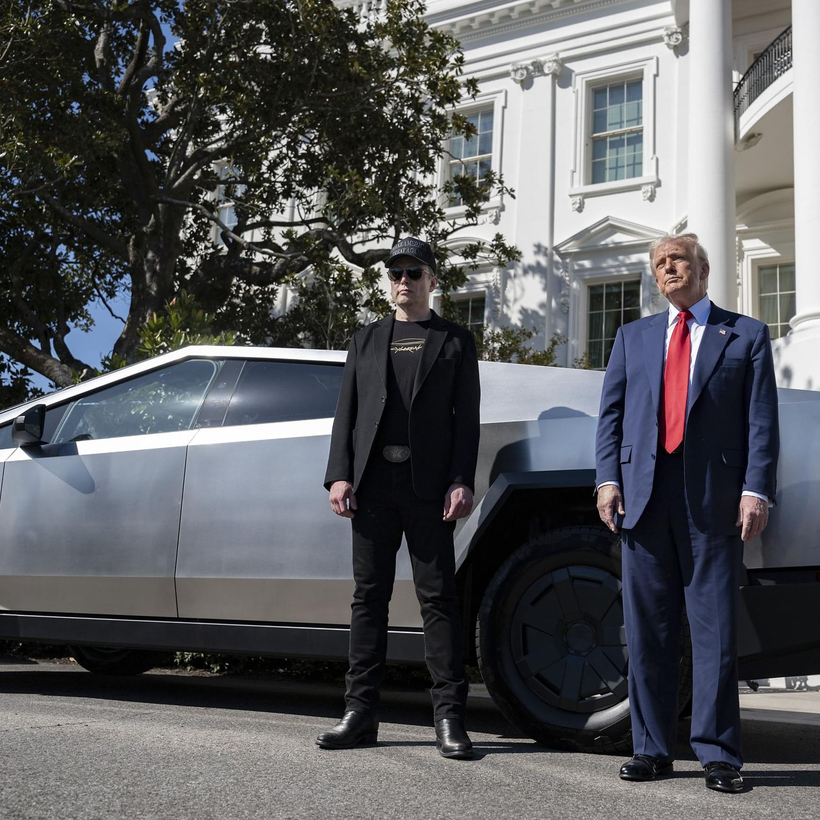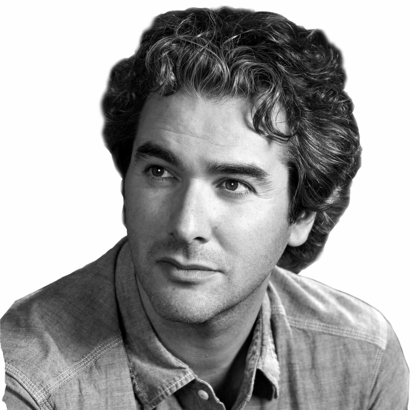And so it came to pass, last Tuesday, shortly after lunch, that Donald Trump finally became the car salesman we always knew he was.
The White House had been transformed into a Tesla showroom, and the most powerful man in the world could be seen clutching a price list of the different models—complete with financing options—as he urged Americans to buy the cars made by his largest political donor, “First Buddy,” and go-to hatchet man, Elon Musk. With the brio of an experienced dealer, Trump even said he would buy one himself.


